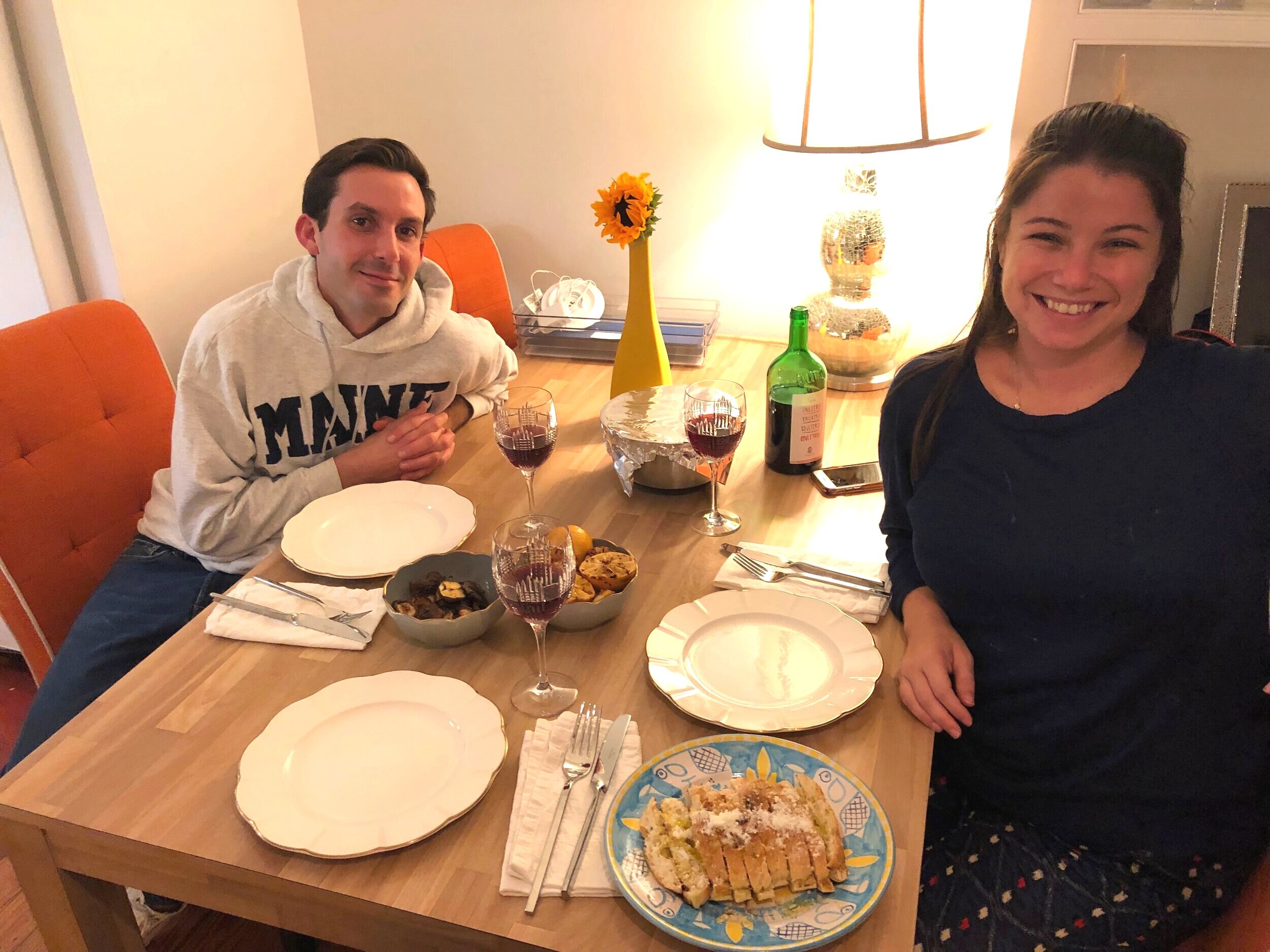We are all living through a very uncertain time, whether we like it or not.
At this point in a normal year, I would have had the majority of my summer planned out. Weekends away with friends at the beach, annual trip to Martha’s Vineyard, and bike rides on the calendar to Brooklyn Crab so I could spend all evening playing games outdoors. I’m sure like yours, my summer is a pile of open questions.
On your agenda for this summer, there might have been a wedding that you’ve had to postpone, a job search that now feels less tangible, or a big birthday celebration that now will likely take place over Zoom. There are many empty spots on all of our 2020 calendars.
Before COVID, many of us had decided at a particular point in our lives to be uncertain on purpose!
What a novel concept! I did that myself back in 2017, when a startup I’d joined wasn’t panning out as planned. It was the first time in my career (since I was 19 years old?) that I quit something without another job lined up. Even though quitting was a conscious decision that I made, it was terrifying! Uncertainty was NOT something I wanted to welcome in my life.
My very good friend Julia on the other hand, took the same leap of faith with much more confidence a couple of years ago. After a long and vibrant run at Adobe, she decided that she needed a break, and took a full year away from her professional career. During that year, she enjoyed time in different locations around the world, learning new skills (she’s now my favorite yoga teacher), and away from her beloved San Francisco. She shared her journey recently on one of Power to Fly’s Live Q&A chats where she answered questions about how she made her decision to step into uncertainty, her time away, and ultimately how she moved forward to her awesome role now at Guru Technologies, where she runs go-to-market enablement (and remains one of my closest confidants).
Many of the lessons she shared can help us all wade through the deeply uncertain time we are each living through, including:
Focus on your north star Looking inward and getting to know yourself more intimately can help you stay clear minded, so you come out on the other side with more clarity. For Julia, this means:
Detoxing from technology
Seeking a diverse set of perspectives - especially look to people outside of your norm
Asking yourself essential questions like What lights you up? What brings you joy? What drives you?
Quell the voice of productivity by asking yourself, what am I producing with all of this productivity? Understanding the business of productivity and strategies for how to move away from it can help.
Trust the process by taking one day at a time, asking for help when you need it, and remembering that people want to be helpful to you.
The recording of Julia’s full Q&A on Power to Fly can be found here. And BONUS, she’s sharing more tactical tips that you can access here.











